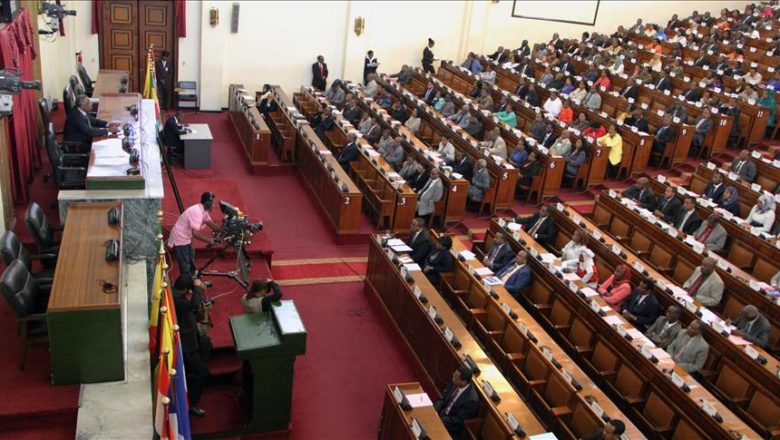To ensure that petroleum and petroleum products meet national standards and specifications, the Ethiopian Parliament has approved a bill to establish a regulatory authority for petroleum and petroleum products supply and distribution. The authority has to monitor the reliability of the supply, availability, distribution as well as the conformity of their use with their intended purpose. Ethiopia’s fuel import bill is around $2.8 billion every year. Its mandate also includes coordination and support to companies involved in petroleum and petroleum products supply and distribution activities including the legalities of contracts. The regulatory authority will decide the quality and quantity of petroleum and petroleum products to be held in reserve.
Ethiopia has also announced a new law to regulate expatriate investors engaged in oil extraction in Ethiopia. The new regulation requires them to open a foreign currency bank account in Ethiopia, enabling the companies to withdraw money in Ethiopian currency to pay for the operation of their business in Ethiopia. Expatriate contractors may be paid from their foreign currency account in Ethiopia in foreign currency. The move has met with stiff resistance from companies in the sector who have filed their complaints with the Ministry of Mining and Petroleum. Talks between Nationals Bank executives and Petroleum extraction companies so far have not offered any solutions. The companies reportedly told that head offices of companies did not favour the new regulation which may hinder the continuity of their petroleum extraction project.
Tanzania threatens to cancel inactive mining licenses
Deputy Minister for minerals of Tanzania, Stanslaus Nyongo, has informed the parliament that he had issued an order to cancel inactive mining exploration licenses. He said that the areas would be offered to the small-scale miners who are keen to develop them.
Since assuming power in 2015, President John Magufuli has introduced various reforms in the mining sector to maximize its value and also ensure a bigger share of the country’s natural resource wealth to its citizens. He has also tried to increase tax collection from mining firms and has also taken steps to curb illegal mineral exports. A law was also passed by the parliament In February giving artisanal miners tax relief on their sales of precious minerals and gemstones. There is a strong perception that small-scale miners often discover and open up mineral-rich areas, but are displaced by wealthy and well-connected individuals who take over the assets and secure the licenses over the areas and sit on them speculatively.





